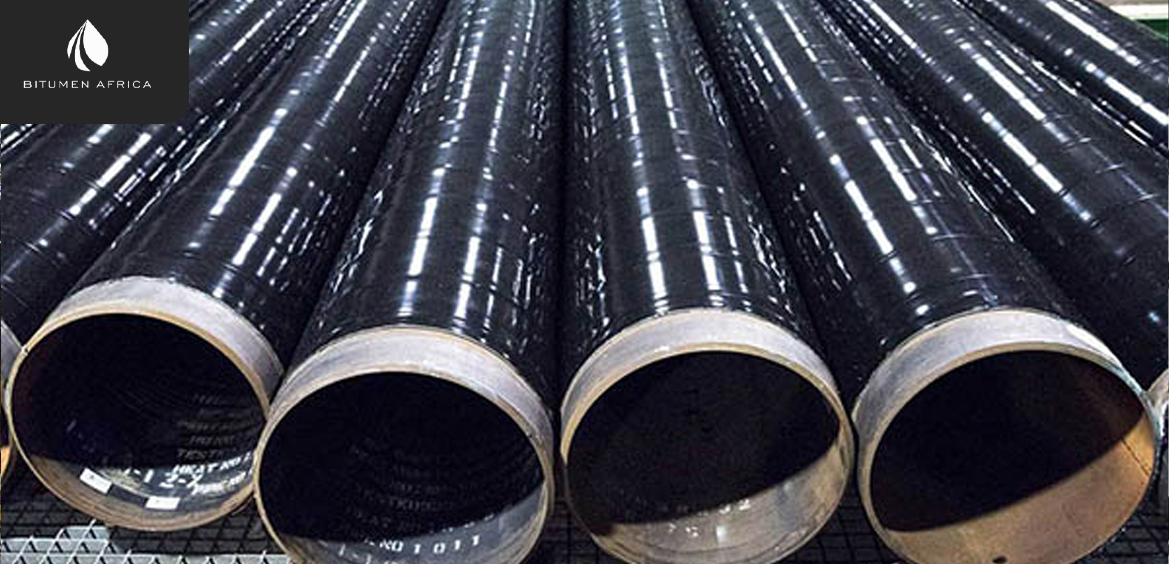Coatings play a vital role in various industries, providing protection, enhancing aesthetics, and improving the functionality of surfaces. This blog explores the different types of coatings, their applications, benefits, and the techniques used to apply them.
- Epoxy Coatings
Applications: Epoxy coatings are widely used in industrial and commercial settings. They are ideal for flooring, pipelines, and marine environments due to their excellent adhesion, chemical resistance, and durability.
Benefits:
- Durability: Epoxy coatings are highly durable and resistant to wear and tear.
- Chemical Resistance: They offer excellent resistance to chemicals, making them suitable for industrial environments.
- Adhesion: Epoxy coatings adhere well to a variety of surfaces, including concrete and metal.
Techniques: Common application methods include brush coating, roll coating, and spray coating.
Also Read: Definition and Application of Penetration Bitumen 60 70
- Polyurethane Coatings
Applications: Polyurethane coatings are used in the automotive, aerospace, and construction industries. They are known for their flexibility and resistance to abrasion.
Benefits:
- Flexibility: Polyurethane coatings remain flexible, which helps prevent cracking.
- Abrasion Resistance: They are highly resistant to abrasion, making them suitable for high-traffic areas.
- UV Stability: These coatings are resistant to UV radiation, preventing yellowing and degradation.
Techniques: Polyurethane coatings can be applied using spray coating, dip coating, and flow coating methods.
- Polysiloxane Coatings
Applications: Polysiloxane coatings are used in marine, industrial, and architectural applications. They provide excellent weather resistance and durability.
Benefits:
- Weather Resistance: Polysiloxane coatings offer superior resistance to weathering and UV radiation.
- Durability: They are highly durable and maintain their appearance over time.
- Chemical Resistance: These coatings provide good resistance to chemicals and solvents.
Techniques: Application methods include spray coating and brush coating.
- Zinc-Rich Coatings
Applications: Zinc-rich coatings are primarily used for corrosion protection in steel structures, such as bridges, pipelines, and offshore platforms.
Benefits:
- Corrosion Protection: Zinc-rich coatings provide sacrificial protection, preventing rust and corrosion.
- Adhesion: They adhere well to steel surfaces, ensuring long-lasting protection.
- Durability: These coatings are durable and can withstand harsh environmental conditions.
Techniques: Common application methods include spray coating and dip coating.
- Alkyd Coatings
Applications: Alkyd coatings are used in architectural and industrial applications. They are known for their versatility and ease of application.
Benefits:
- Versatility: Alkyd coatings can be used on a variety of surfaces, including wood, metal, and masonry.
- Ease of Application: They are easy to apply and provide a smooth finish.
- Durability: Alkyd coatings offer good durability and resistance to weathering.
Techniques: Application methods include brush coating, roll coating, and spray coating.
- Metalized Coatings
Applications: Metalized coatings are used in aerospace, automotive, and industrial applications. They provide a reflective and protective layer on surfaces.
Benefits:
- Reflectivity: Metalized coatings offer high reflectivity, making them suitable for thermal management applications.
- Durability: They are durable and resistant to wear and tear.
- Corrosion Resistance: These coatings provide excellent corrosion resistance.
Techniques: Common application methods include spray coating and vacuum deposition.
Why Bitumen is Used in Coatings?
Bitumen, also known as asphalt, is a viscous hydrocarbon derived from crude oil or natural deposits. It is widely used in coatings due to its unique properties:
- Waterproofing: Bitumen is highly effective at repelling water, making it ideal for waterproofing applications.
- Adhesion: It adheres well to various substrates, including concrete, metal, and wood.
- Corrosion Resistance: Bitumen provides excellent protection against corrosion, especially for metal surfaces.
- Flexibility: The flexibility of bitumen allows it to accommodate
minor substrate movements and structural shifts.
Best Grade of Bitumen for Coatings
The choice of bitumen grade depends on the specific application and environmental conditions. For coatings, the following grades are commonly used:
- Penetration Grade Bitumen: This grade is characterized by its consistency, determined through a penetration test. It is soft and flexible, making it suitable for various climates.
- Oxidized Bitumen: Produced by blowing air through hot bitumen, oxidized bitumen is harder and more brittle. It has a higher softening point and is less temperature-sensitive, making it ideal for high-temperature applications.
- Polymer-Modified Bitumen (PMB): PMB is bitumen modified with polymers to enhance its elasticity, strength, and resistance to temperature variations. It is suitable for extreme environmental conditions.
Conclusion
Understanding the different types of coatings, their applications, benefits, and the role of bitumen can help in selecting the right coating for your specific needs. Bitumen's unique properties make it a valuable material for waterproofing and corrosion protection, with various grades available to suit different applications.

